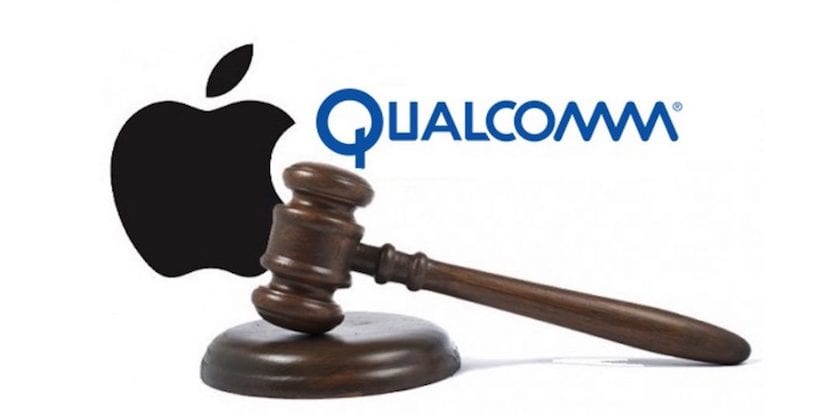
And it is that this is a complex battle that has been on the table for a while and that it would leave Qualcomm totally out of Apple teams, both on iPhones and iPads. This, which may seem like something unimportant, is undoubtedly a great blow for Qualcomm and for Apple itself since they have been working together for more than 10 years.
The truth is that this was one of the news that many media were predicting for a serious battle. The two companies have been working together for many years, but earlier this year they entered a legal war with crossed lawsuits that could now lead to the total end of the association.
Which means that Apple already has on the table the options of Intel, MediaTek and possibly other firms, to supply the chips of its next iPhone models. This seems to be a long way off is for now and by this we mean that by 2018 Apple would no longer be supplied with these Qualcomm components. With this it is calculated that Qualcomm will stop selling 20% of its chips and all this will mean a loss of profits that are close to 3.200 billion dollars.
In the latest iPhone model, the iPhone X, Apple already includes Intel chips in addition to Qualcomm's, but in subsequent iPhones it may officially stop adding them. The news that appears in the renowned medium of The Wall Street Journal explains that beyond finding a solution agreed between both firms, the Cupertino guys would be planning to stop using all Qualcomm components in their idevice. It will be necessary to follow this topic closely and see if this elimination of Qualcomm chips is really fulfilled on the following Apple devices.